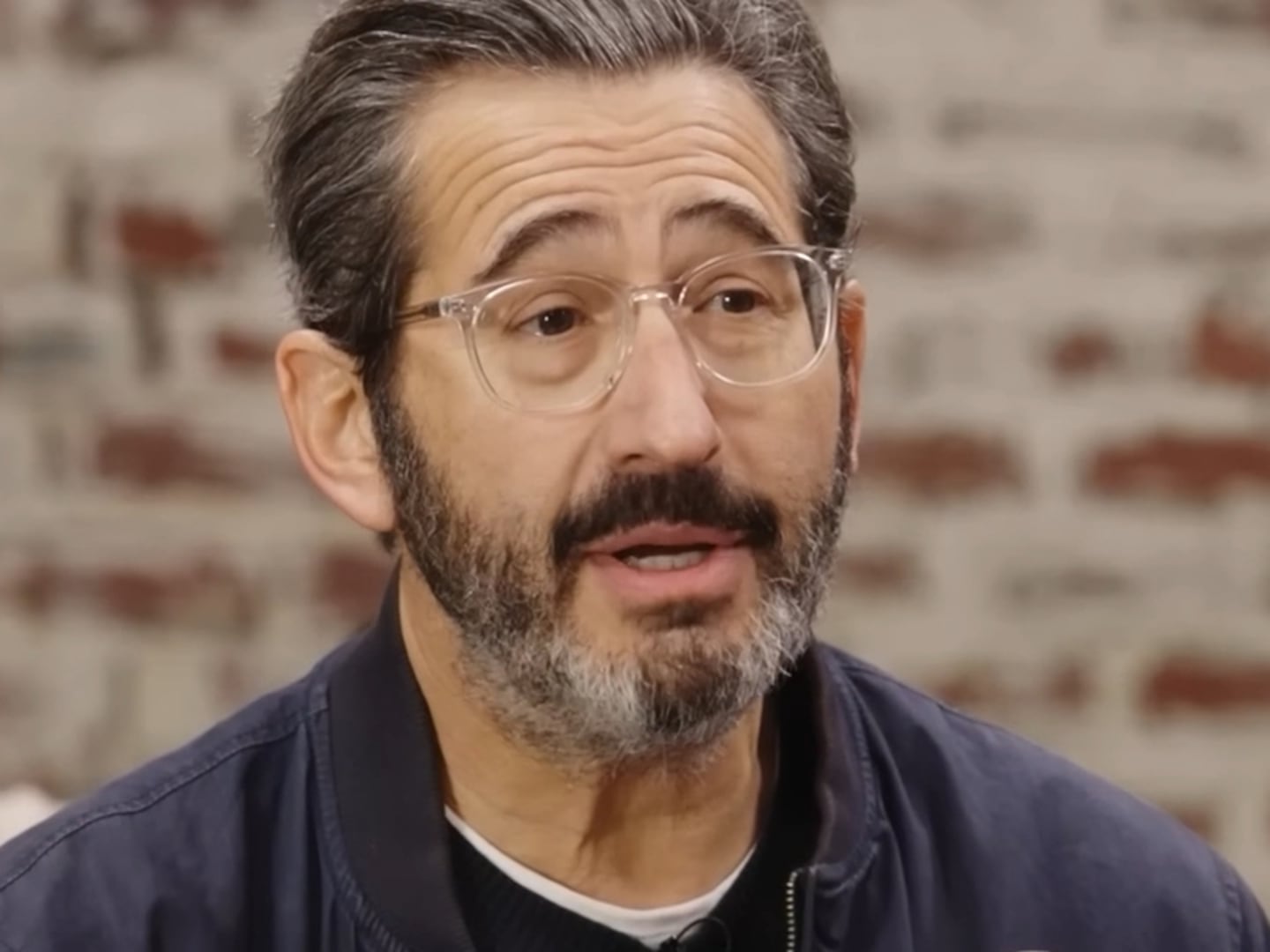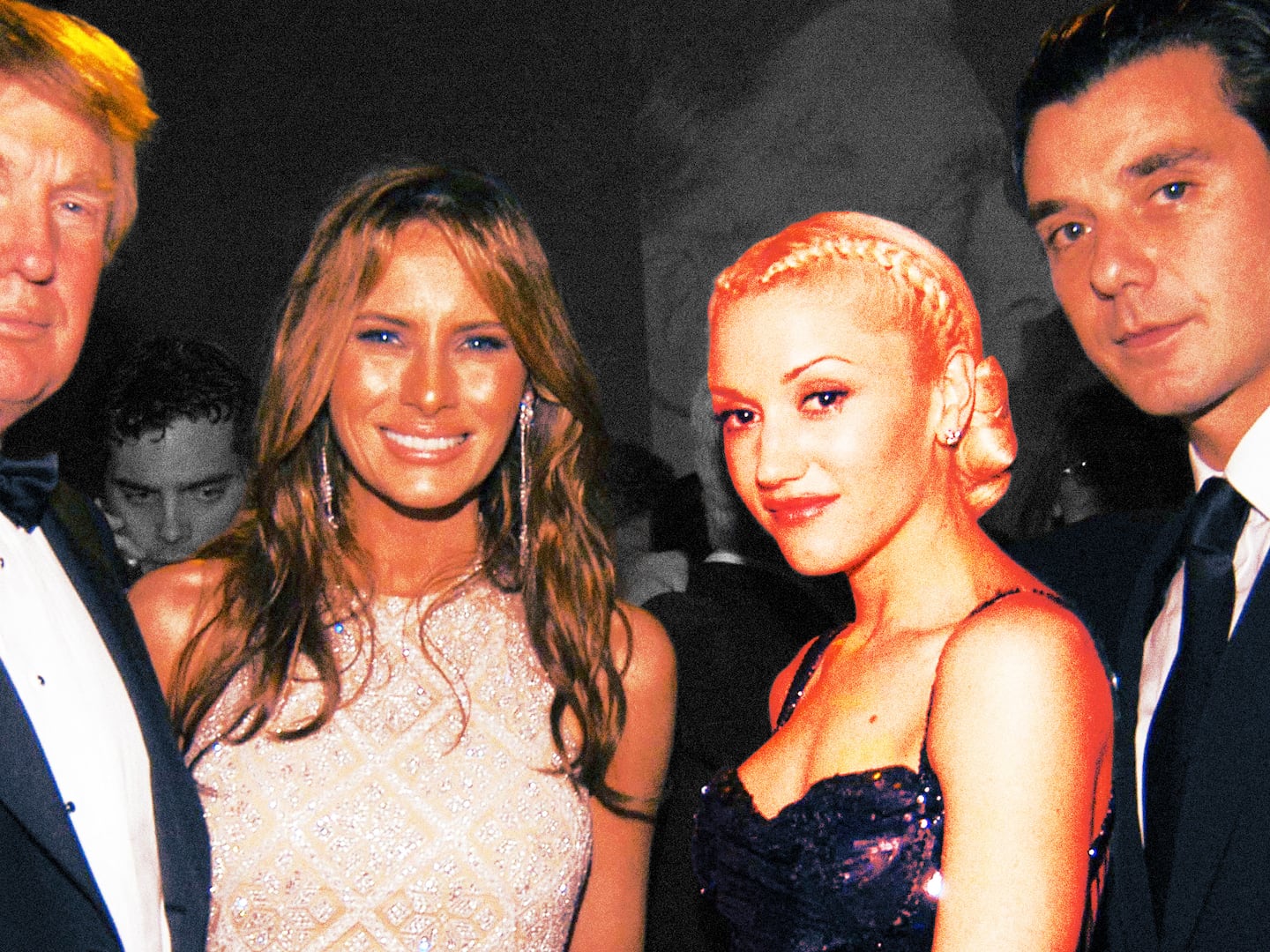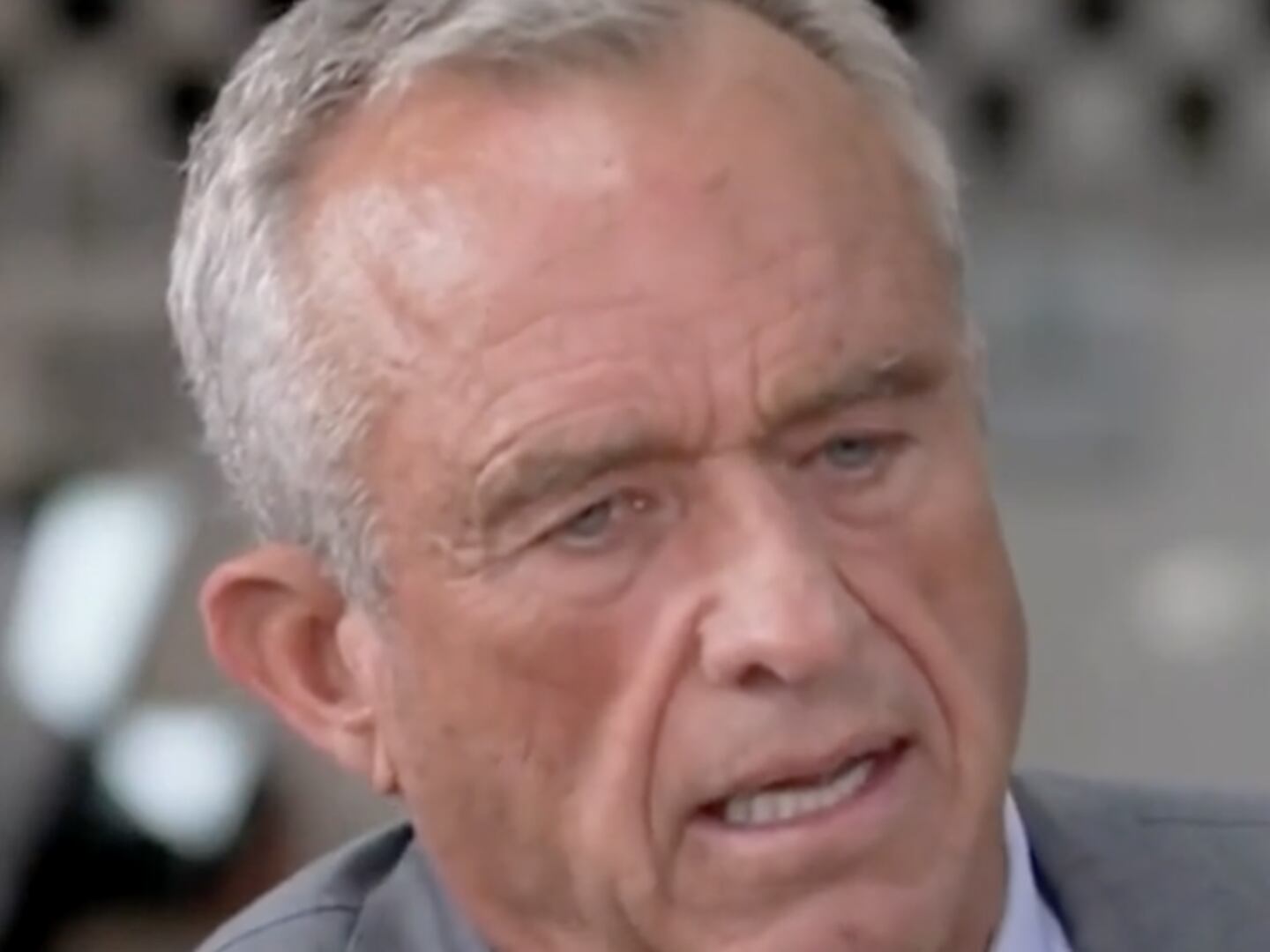Trumpland
Photo Illustration by Elizabeth Brockway/The Daily Beast
White House Intervened in Case of Trump’s Casino Pal Steve Wynn
ETHICS WAIVERS
The move came just before the administration drafted new guidance that could have paid off for the gambling boss, and months before his resignation.

Trending Now






